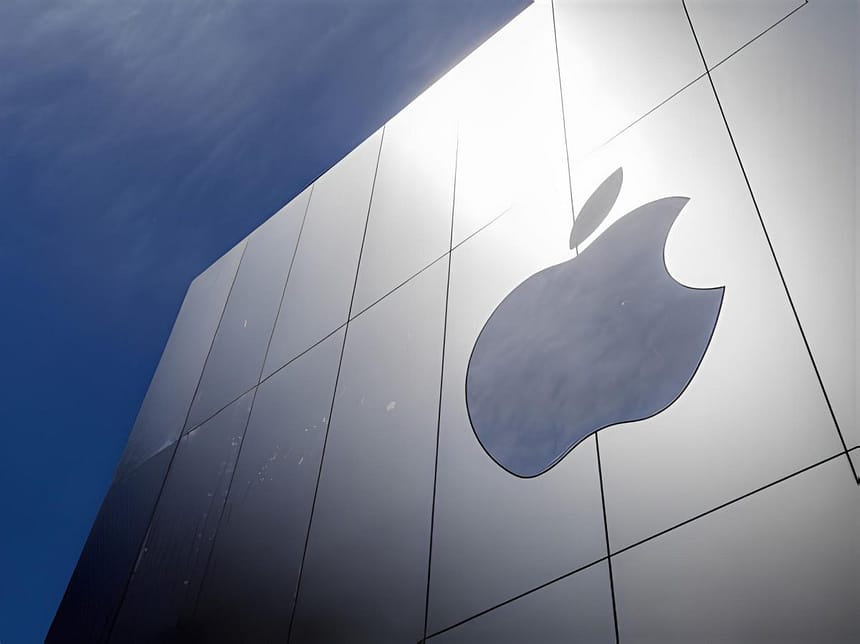Last week, U.S. President Donald Trump’s administration announced its new import tariff plans for almost all nations around the globe, and it appears that Apple will be facing quite a bit of hardship. This is because Apple’s supply chain exists outside of the United States, and it relies almost exclusively on imports. This is one of the reasons why the company has kept the prices of its products at bay, at least for most products. A prominent analyst has now detailed some ideas on how Apple could mitigate these import tariffs and avoid increasing the price of its iPhone lineup.
Analyst details ideas to mitigate the impact of the tariffs imposed by the Trump administration
Tariffs would make imports quite costly, and as a result, the company would ultimately have to increase the price of its products, including the iPhone. As we have recently covered, Apple will not move overseas manufacturing to the United States, as it would be an even more costly affair. Following the news, Apple’s stock fell by almost 10 percent, and the company would only have a handful of options to play around with.
President Trump has imposed a 54 percent tax on imports from China, 26 percent from India, and 46 percent from Vietnam, and even more so on other countries. Basically, the country wants companies to reduce imports and manufacture products locally, but given the economy, it would be a very expensive deal, and the final price would have to be borne by the end user. In lieu of these tariffs, Mark Gurman from Bloomberg has devised a handful of ideas through which Apple could mitigate the impact of the higher import cost.
- Gurman states that Apple should urge component and manufacturing partners to offer more competitive pricing, which would allow Apple to reduce its overall production expenses.
- Apple should cover some of the added cost itself, which would allow it to divide portions of the tariff between itself and the end users.
- Apple should make pricing changes in the short run and evaluate the impact of tariffs in the long run.
- The company should also expand its manufacturing footprint to other countries, as it would avoid production in the United States.
While some nations are working out trade deals, China is not a part of them. Apple has to reduce its dependency on China if it wants to sell products at the same rate; otherwise, a price hike would only draw demand down. For now, Apple has been reportedly stocking up products in preparation for the tariffs, which will take effect on April 9. This will allow the company to sell the products at their usual price for a bit longer. We will share an update to the story, so be sure to keep an eye out.








